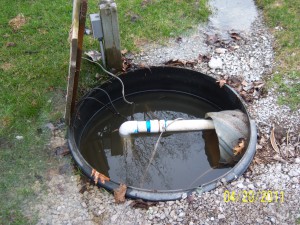Information provided by the County Road Association of Michigan – Thank you! Visit their website at http://www.micountyroads.org/
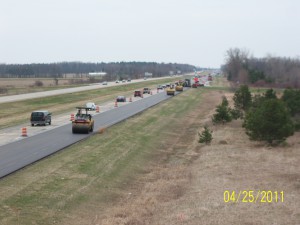 Through thick Upper Peninsula woods and into small, quaint towns. Along scenic shores of breathtaking views of Michigan’s Great Lakes. Through industrial southeastern Michigan and across rolling countrysides. County Roads are everywhere in Michigan, serving as vital lifelines to our busy recreational, industrial and agricultural state. County Road Commissions are Michigan’s local road professionals. They take care of more than 88,000 miles of county roads, streets and highways and more than 5,700 bridges in Michigan – the fourth largest road system in the nation.
Through thick Upper Peninsula woods and into small, quaint towns. Along scenic shores of breathtaking views of Michigan’s Great Lakes. Through industrial southeastern Michigan and across rolling countrysides. County Roads are everywhere in Michigan, serving as vital lifelines to our busy recreational, industrial and agricultural state. County Road Commissions are Michigan’s local road professionals. They take care of more than 88,000 miles of county roads, streets and highways and more than 5,700 bridges in Michigan – the fourth largest road system in the nation.
County Road Commissions are talented teams of local road professionals who are responsible for ensuring the safety and efficiency of all county roads and bridges within their jurisdiction. Whether it’s winter road maintenance, grading gravel roads, landscaping or clearing the brush by the side of the road, County Road Commissions go the extra mile to maintain safe and convenient roads for public travel.
| What is a County Road System? County Road Commissions were organized by Act 283 by the Michigan Legislature in 1909 to achieve two primary goals: to provide uniformity in road construction and maintenance across the state; and to provide cost efficient and high quality road services for local roads.There are 82 County Road Commissions in Michigan. County Road Commissions are not part of general county government, except Wayne County, which has a public works department instead of a Road Commission. They are legally separate entities, receiving nearly all of their operating funds directly from the state.Every County Road Commission has a three-member board of commissioners that is either appointed by the County Board of Commissioners or elected by the voters, depending on the number of townships in a county. A county with more than 12 townships may choose, through their county board, to have appointed Commissioners. Both appointed and elected commissioners serve six-year terms. Commissioners have staggered terms, so that every even year, a commissioner is up for re-election or reappointment. Road Commissions hold regular board meetings at least once a month. The public is invited and encouraged to attend these meetings. In addition, frequent public hearings are scheduled to communicate with county residents on a variety of road and safety issues. Road Commissions employ nearly 7,000 regular and temporary workers across the state. County Road Commissions have a strong commitment to employing professionals with the highest qualifications in their industry. |
County Road Commissions have a variety of responsibilities including, but not always limited to, maintaining almost 90,000 miles of roads, 365 days a year. Some of the many County Road Commission duties include the following: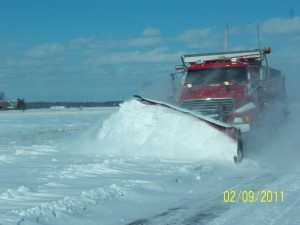
|
|
State Law – Public Act 51 – specifically states that cities, villages, County Road Commissions and the Michigan Department of Transportation have jurisdiction over roads. That means those government agencies are responsible for building and maintaining the roads within their jurisdictions. They also carry the legal liability for those roads. Road Commissions also work hard to maintain roads within their jurisdiction – and although drivers don’t always know who is responsible for the roads they drive on, they can be assured that County Road Commissions are taking the best care of the roads, and do not receive any funding directly from the state. Instead, County Road Commissions maintain roads in townships with Road Commission funds. This ensures that all roads are maintained efficiently and without financial burden to the township and ensures uniform service throughout the County. Some road improvements in townships – bridge replacement, road widening, etc. – are federally funded. Townships often help provide a matching of funds for local road projects. Public Act 51 maps can be found here: Act 51 Certification Maps
The Michigan Department of Transportation (MDOT) contracts with approximately 65 County Road Commissions across the state to maintain 6,500 miles of state roads. Although County Road Commissions do the work, they operate under the specifications of MDOT. |
| It may come as a surprise to learn that Road Commissions have no taxing authority and get almost all of their funds from fuel taxes and vehicle registration fees. State revenue sources provide the majority, 62%, of all funding for local roads and bridges. Local revenue sources – such as local general funds, property or special assessment taxes – provide 20%. Federal sources provide 18% of total funding. |
|
Public Act 51, first enacted in 1951 and most recently amended in July 1998, specifies the transportation funding formula used to distribute transportation dollars to agencies in the State of Michigan.
|
| Except for Road Commissions’ ability to impose fees for things like permits, no other funding mechanism is in place for County Road Commissions to raise money for road improvements. County Road Commissions have no taxing authority. However, county boards have the authority, with voter approval, to raise property taxes dedicated for roads. Many townships also use this method to pay for road improvements. Any money raised through a millage is distributed proportionately to County Road Commissions, cities and villages. |
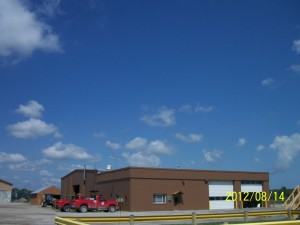 Although the gasoline tax increase passed by the Michigan Legislature in 1997 certainly helped fund long overdue construction and maintenance on Michigan’s county road system, Michigan still ranks close to the bottom third in state motor fuel tax rates. In fact, in 1998 Michigan was only 42nd in per capita road funding. Although the gasoline tax increase passed by the Michigan Legislature in 1997 certainly helped fund long overdue construction and maintenance on Michigan’s county road system, Michigan still ranks close to the bottom third in state motor fuel tax rates. In fact, in 1998 Michigan was only 42nd in per capita road funding.
Studies by Washington D.C.-based The Road Information Program (TRIP) found that a lacking of funding for Michigan’s county road and bridge system had resulted in unmet needs totaling almost $9 billion. Consider the following: Almost three-fourths of Michigan’s paved county roads are in need of repair. |
| “How much are typical road improvement costs?” Apply 2″ of new gravel to one mile of road – $15,225 Cost of building one right turn lane – $65,000 Resurface one mile of two-lane asphalt road – $88,000 Upgrade base and pave one mile of gravel road – $110,000 Widen one mile of two-lane road to five lanes – $2,000,000[/expand] |

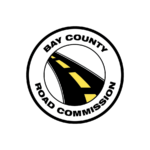



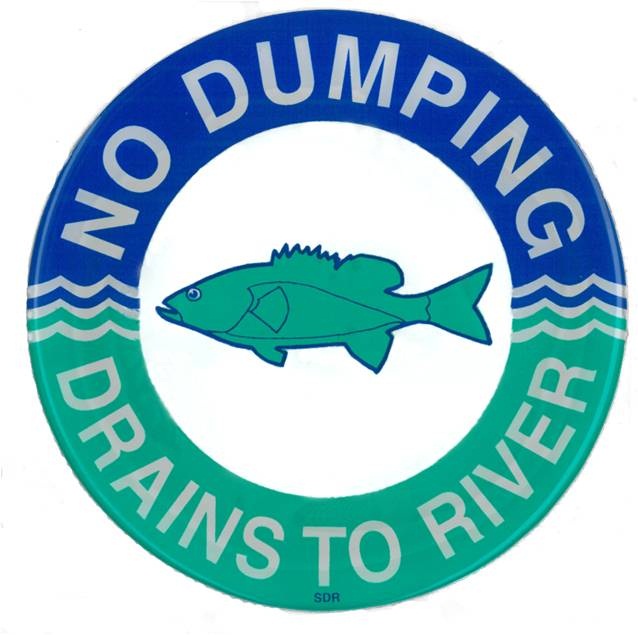
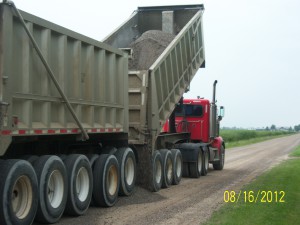 County Road Commissions regularly meet with the townships in their counties to help determine maintenance and construction priorities. Construction and maintenance projects are planned and coordinated with active input from township officials and residents.
County Road Commissions regularly meet with the townships in their counties to help determine maintenance and construction priorities. Construction and maintenance projects are planned and coordinated with active input from township officials and residents.